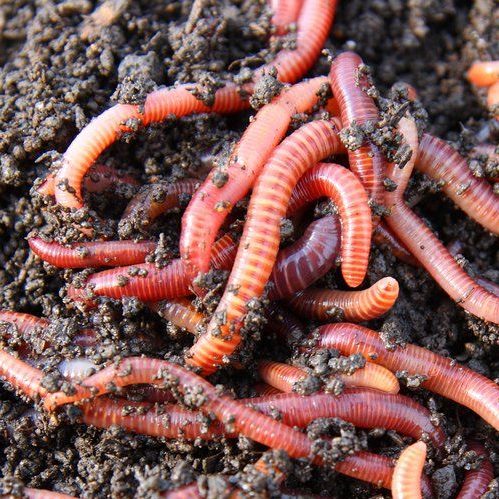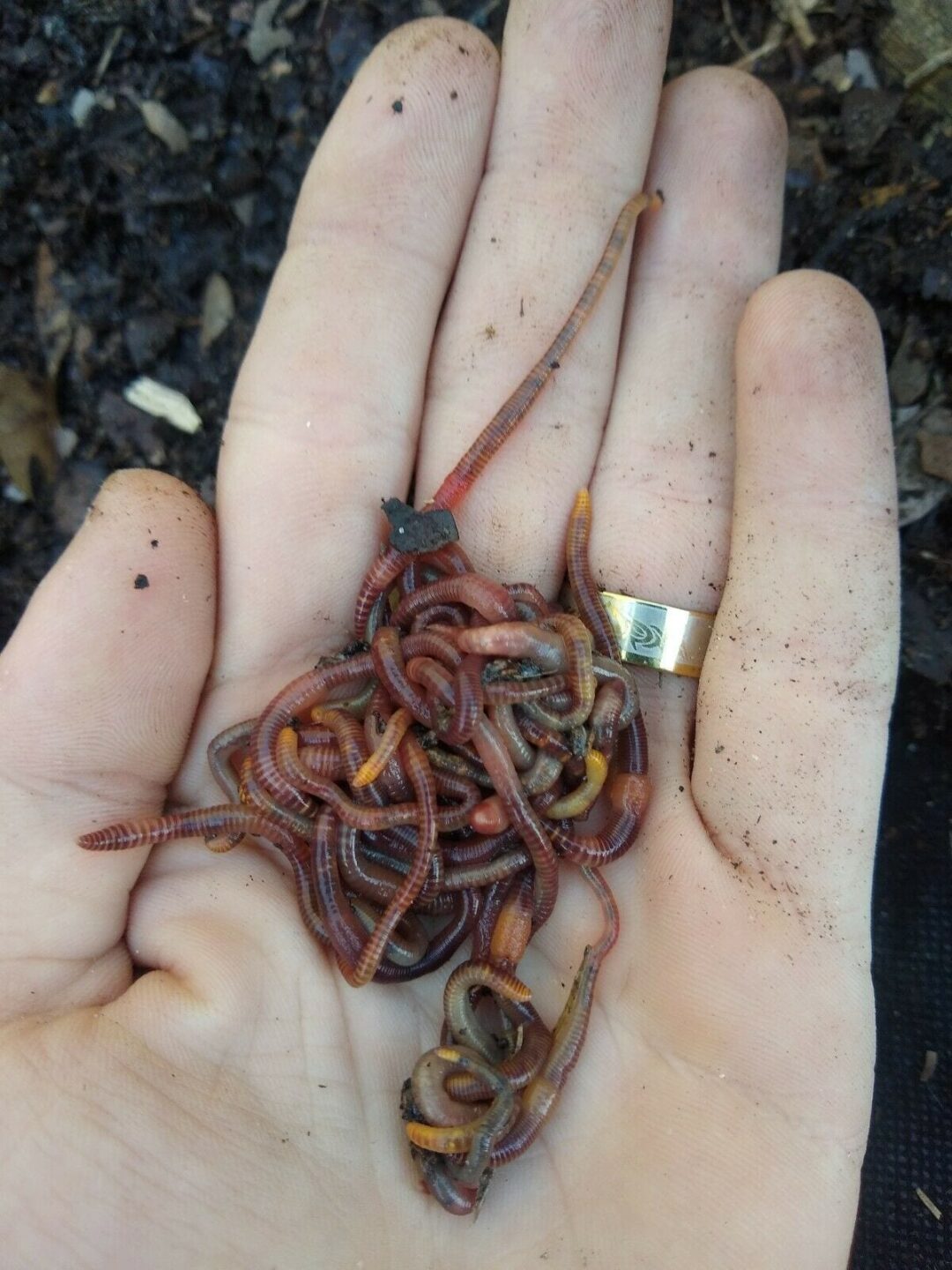Why Lake Hickory Bait Is the Top Choice for Local Bait
Why Lake Hickory Bait Is the Top Choice for Local Bait
Blog Article
The Extraordinary Globe of Red Wigglers: Boost Your Dirt Fertility Today
These small yet effective organisms change natural waste into beneficial worm spreadings, dramatically enhancing dirt wellness and promoting sustainable practices. As we discover the benefits of vermicomposting and the functional steps to produce an effective worm bin, the prospective effect of these worms on your gardening success ends up being significantly noticeable.
Comprehending Red Wigglers
Red wigglers, medically referred to as Eisenia fetida, are a species of earthworm that play a critical role in boosting soil fertility. These worms flourish in organic-rich settings, such as compost piles and rotting plant material, where they consume natural waste and excrete nutrient-dense spreadings. Their distinct composition, including a fractional body and a clitellum, permits them to recreate quickly and successfully process huge amounts of raw material.

The eco-friendly value of red wigglers extends beyond plain waste processing; they add to the soil food internet, cultivating a diverse neighborhood of microbes that even more enhance dirt wellness. Recognizing the biology and behavior of red wigglers is vital for harnessing their complete possibility in sustainable farming and horticulture techniques.
Advantages of Vermicomposting
(Red Wiggler Express)Taking advantage of the power of red wigglers via vermicomposting deals countless benefits that substantially enhance soil wellness and fertility. One of the main benefits is the manufacturing of nutrient-rich worm spreadings, which are an outstanding natural plant food. Red Wiggler Express. These castings contain essential nutrients like nitrogen, phosphorus, and potassium, promoting robust plant growth and improving plant returns
Furthermore, vermicomposting boosts dirt structure and aeration. The existence of worm castings improves soil texture, permitting for better water retention and drain. This balanced wetness level is important for root advancement and the general wellness of plants. Moreover, red wigglers assist damage down raw material, increasing disintegration and reusing nutrients back into the soil.
Vermicomposting also cultivates microbial activity, which is crucial for a healthy dirt ecosystem. Beneficial bacteria flourish in the presence of worm castings, aiding in the breakdown of natural materials and boosting vitamins and mineral availability to plants.
Finally, vermicomposting offers as an efficient waste monitoring option, lowering land fill waste by recycling kitchen scraps and various other natural materials. This not just adds to ecological sustainability but likewise advertises a round economy within gardening and farming.
Exactly How to Establish Up a Worm Container
Establishing up a worm container is a simple process that can significantly enhance your composting efforts. Begin by choosing a proper container, which can range from a commercially available worm bin to a straightforward plastic or wood box (Red Wiggler Express). Make certain the container has sufficient ventilation; little openings in the lid and sides will facilitate air blood circulation
Following, create a bed linen layer to offer a comfortable environment for the red wigglers. This can be made from shredded newspaper, cardboard, or coconut coir, dampened to a damp, sponge-like uniformity. Fill the container to about one-third complete with this bed linen product.
Once the bed linen is prepared, it's time to present the worms. Red wigglers prosper in natural waste, so location them carefully onto the bedding. Cover the worms with a light layer of added bedding to help them accustom.
Feeding Your Red Wigglers
Providing the ideal food for your red wigglers is crucial for their health and wellness and the effectiveness of your composting system. Red wigglers prosper on a different diet plan, mostly containing natural products such as vegetables and fruit scraps, coffee grounds, and shredded paper. These materials not just give necessary nutrients but likewise add to the microbial task in the worm container, which is crucial for the worms' digestion.
It is very important to avoid certain foods, such as dairy items, oils, and meats, as these can bring in insects and create undesirable odors. Additionally, citrus peels and excessively zesty foods should be limited as a result of their prospective to harm the worms. A well balanced approach to feeding involves keeping an eye on the amount of food presented to the container, making sure that it is eaten within an affordable period to stop excess waste buildup.
To promote optimal food digestion, it is beneficial to slice or shred larger food items prior to including them to the bin. This technique raises the surface for microbial action, promoting quicker decay and enhancing the general effectiveness of your composting system. Frequently observing the worms' feeding habits will help you adjust their diet plan as required.
Utilizing Worm Spreadings in Your Yard

(Red Wiggler Express)Incorporating worm castings right into your garden can be achieved by mixing them right into the dirt or using them as a leading dressing. The slow-release nature of these castings makes certain that nutrients are readily available to plants over an extensive period, lowering the need for artificial fertilizers. In addition, worm spreadings include beneficial microbes that advertise healthy and balanced dirt environments, improving the total durability of your garden.
To maximize the advantages, aim to use about one part worm spreadings to three components dirt in your growing beds. Regular applications can cause boosted crop yields and much healthier plants, making worm spreadings a vital source for both novice and experienced garden enthusiasts alike. By utilizing this natural change, you can cultivate a growing yard while adding to lasting gardening techniques.
Conclusion
In conclusion, red wigglers exemplify the essential role of vermicomposting in enhancing dirt you could check here fertility. Their capacity to convert organic waste right into nutrient-rich castings significantly enhances dirt structure and sustains microbial variety.
Report this page